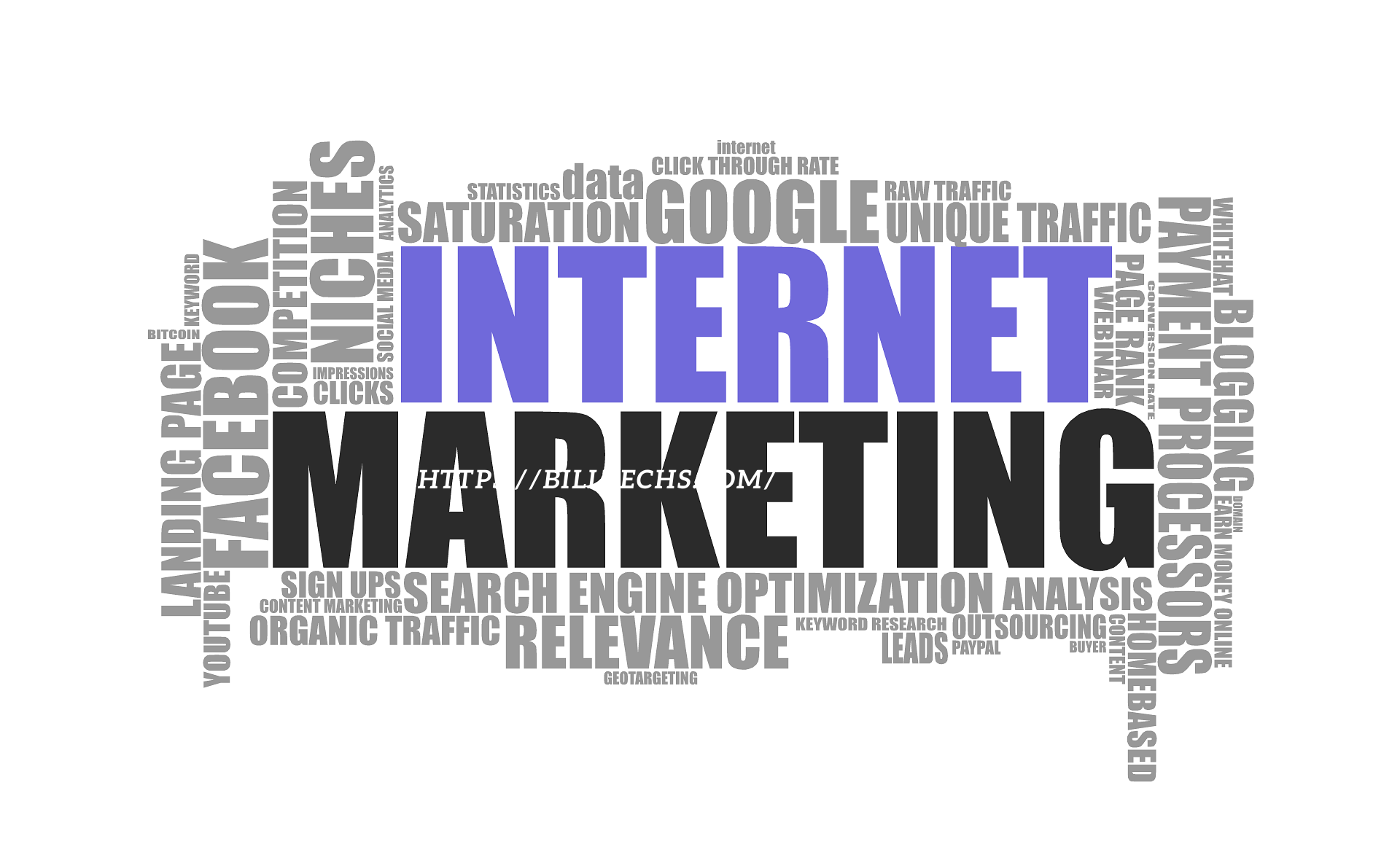Internet Marketing can be an effective way of drawing customers and interest to your business. Marketers traditionally utilize articles written in an objective tone using expert language in order to describe products and services, yet such articles should contain more personality to draw in customers and build trust.
Keywords
Keywords are at the core of internet marketing; they represent words and phrases people type into search engines like Google to locate information. By including relevant keywords in your content, you can help search engine algorithms better comprehend what your website is all about and where it should rank in their results pages.
When selecting keywords, it’s essential that your goal is to create content that adds value for your target audience. By approaching it this way, your online content can reach those that matter in an efficient manner – helping build lasting relationships with potential customers for years to come.
As a starting point, it is necessary to compile a list of “seed” keywords which will form the basis of your research. These broad but pertinent terms should relate to both your business and target audience and then help shape a content strategy tailored specifically to these terms.
Keywords play an invaluable role in online marketing; they form the core of any successful SEO campaign and ensure your site is visible at exactly the right times and to all the right users. By understanding your users’ journey towards becoming customers, you can identify keywords with potential to grab their attention at each step of their journey towards becoming customers.
Meta tags
Meta tags are an integral component of SEO for websites, helping search engines understand and index pages more accurately. You’ll often find them located at the head of HTML code; their presence ensures maximum website exposure.
Title tags appear as page titles in search engine results pages and meta description tags provide brief summaries of page content. Although these don’t typically influence search rankings directly, they can help search engines determine how relevant a webpage is and increase click-through rates (CTRs).
Be wary of overdoing it when adding target keywords into title tags and descriptions, however. Too much Emphasis on keyword use could harm your SEO ranking and may even incur penalties from search engines. Furthermore, engaging titles should provide as accurate an account of themselves as possible.
SEO may seem intimidating, but every marketer needs to get some fundamentals right. Meta tags are one such key area: they can dramatically boost your SEO ranking and help establish an increased online presence. To learn more about their use and significance, enroll in one of IMS Proschool’s Digital Marketing courses with interactive live sessions from agency experts; here, you will gain invaluable insight into SEO, performance marketing, social media marketing and much more.
Headings
Headings are an indispensable element of content, adding structure and clarity to the rest of the text on a page. In addition, headings help search engines understand what your page is about – boosting SEO performance significantly – as well as being essential in improving accessibility for visually impaired visitors.
Innovative headings can encourage visitors to stay on your page longer, decreasing bounce rates and thus signaling quality to Google and increasing rankings. Furthermore, using keywords in headings can enhance SERP visibility and click-through rates – two benefits which help boost rankings overall.
However, you should avoid keyword stuffing your headers as this can damage your rankings. Instead, it is better to strategically use keywords grammatically correctly instead of forcing them in.
The H1 tag should be used to display the title of each page, while other headers should be used to mark off different sections on a page. It is crucial that these headings are ordered logically without skipping levels (e.g. H2> and H3>). You may style your headings to reflect your brand aesthetic; however, consistency throughout will improve user experience and SEO performance while providing an attractive site user interface and experience for visitors. It is also essential that headings be concise yet clear so as to reflect accurately any content which follows them – keep headings concise so they accurately reflect on what follows next!
